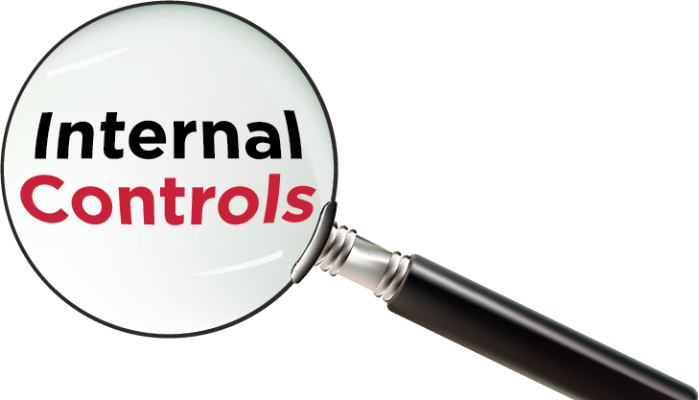Internal fraud refers to a type of fraud that is committed by an individual against an organization. In this type of fraud, a perpetrator of fraud engages in activities that are designed to defraud, misappropriate property, or circumvent the regulations, law, or policies of a company. Despite tightening in regulations and accounting standards, disturbing fraud and corruption patterns is still on the rise.
Report shows that internal fraud has risen since 2012, with over 60% of the respondents globally experienced an increase in fraud volume (Source: KPMG). While global statistics shown that total cost, average cost and volume of internal fraud remain the same in 2017 and 2018, KPMG says that it may not present a true picture of the cost of internal fraud. Many external frauds originate with someone working inside the organization who have a detailed working knowledge of the system, process and controls. Therefore, internal fraud remains as the most significant threat to companies.
Fraudulent Case
Recent cases highlighted that 3 insurance agents and one bank employee who were involved in insurance fraudulence, using identical methods of luring clients to pay for fake insurance policies (Source: SBR). MAS has issued prohibition orders against three former insurance agents and a former bank employee for fraudulent and dishonest conduct.
“Teh Chin Hong, a former representative of The Great Eastern Life, cheated seven clients for a total of $350,000 insurance premiums; Ng Wei Ling, former representative of United Overseas Bank (UOB), also cheated seven clients of $215,000 over 18 months on the pretext of helping them buy an insurance policy; Aloysius Zephaniah Lim Bing Hong, former representative of Prudential Assurance, persuaded a client to pay a close to $10,000 on a lapsed policy, whilst Joseph Michael committed the same misconduct, making a client pay $15,000 of insurance premiums.
A 9-year prohibition will be given to Teh, 8 years to Ng, and 5 years each for Lim Bing Hong and Michael. Each individual will also serve prison time in addition to the prohibition.”
This is why, you as the supervisors, managers, leaders or owners of the company should take the accountability to take proper measure against internal fraud.
Initial Stage to Mitigate Internal Fraud
1. You Need to Know Your Numbers!

If your staff know that you don’t understand financial statements, they can easily manipulate the numbers without your knowledge. Like it or not, you better start scrutinizing your monthly finance statement and check if there are any irregularities in terms of expenses or payment to vendor. Even if you hate numbers, you need to learn how to read financial statements! Only with the understanding and comprehension of your financial health, it will help in your Strategic Decision-Making and facilitates to identify the financial strengths and weaknesses of your Business Entity.
2. You need to start implementing fraud risk management measures! (even if you are SME)

As all system is not perfect, so does the fraud risk management program. So, your question might be “Then why the need to implement it?”. Well, at least it help you to minimize the risk. It also creates a psychology barrier to your employees in committing any possible internal fraud as you are taking proactive approach to detecting insider fraud. If this sounds complicated, at least take a small step with simple measurement to control internal fraud. Of course it doesn’t end there. You are still required to do the annual continuous improvement to review the fraud risk management program in terms of its effectiveness in deterring, detecting and preventing fraud to ensure no loopholes exist for any possible offence.
As the methods used by internal fraudsters continues to evolve, we must also leverage on the updated technology and human expertise to predict, prevent and detect fraud. Click here to find out more.

